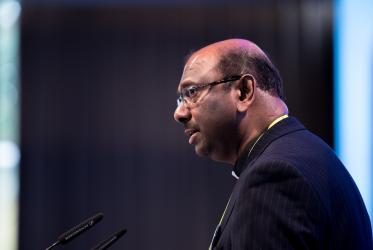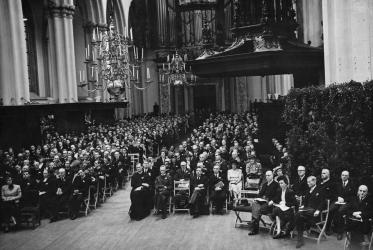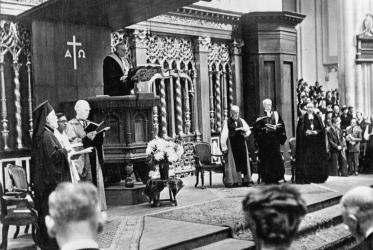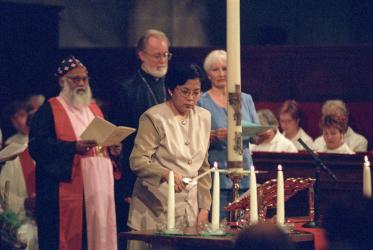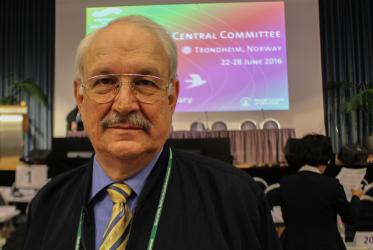Displaying 1 - 13 of 13
“Love will find a way”
23 August 2018
#WCC70 Amsterdam, 1948 (1): Covenanting in prayer
22 August 2018
Ecumenical Patriarch visits WCC
24 April 2017
Churches to be more inclusive of persons with disabilities
16 October 2014
